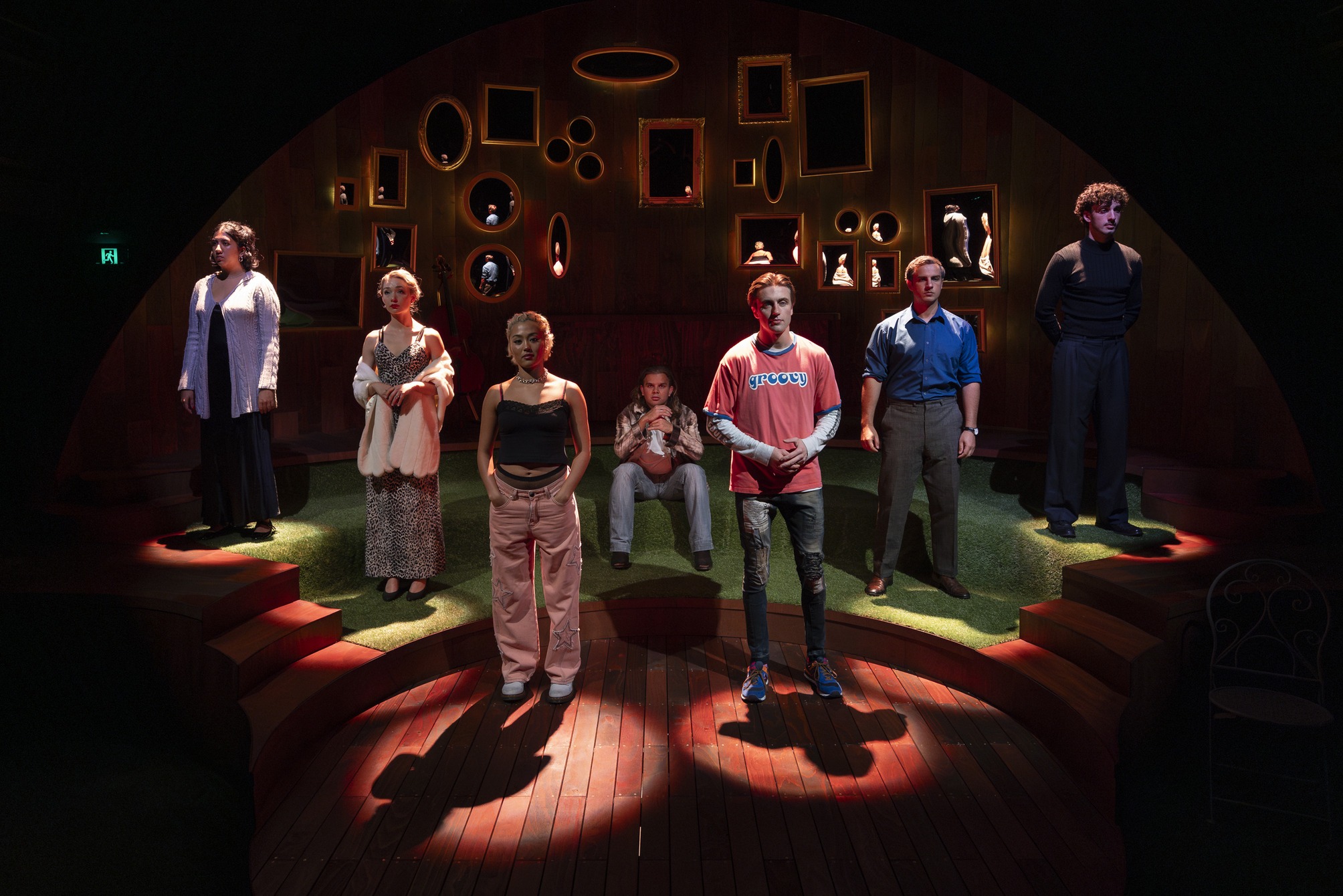Consider NIDA’s Bachelor of Fine Arts (BFA) if you want to undertake an in-depth exploration of the techniques and methods required to develop a career in your chosen discipline.
BFA Courses
Scholarships
NIDA Scholarships are open to future students and enrolled students. Most scholarships are allocated based on financial need.
Accommodation
NIDA does not have on-campus accommodation for students, however UNSW offers a range of housing options which NIDA students can access.
International Students
NIDA welcomes applications from international students for enrolment in our Bachelor of Fine Arts and Masters of Fine Arts courses.
What does it take to put on a show?
Take a peek behind the curtain to see how our students collaborate each year on our June and October Student Production seasons.

